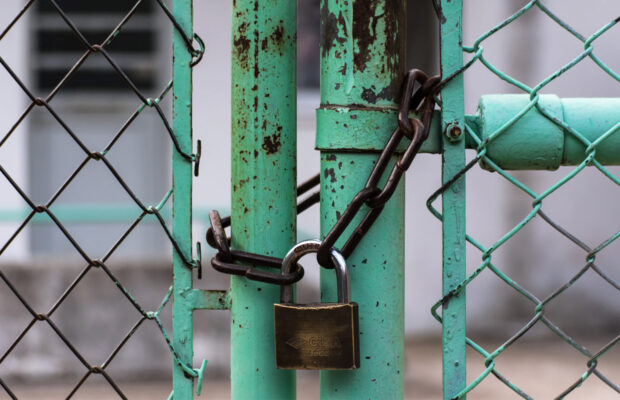Five Ways To Protect Yourself From Identity Theft

Identity theft is a crime where a person illegally gets personal and financial data and uses it to their advantage. Identity thieves most often steal for financial gain, but there are reasons behind it, too.
In the US, it’s a federal crime, but it still occurs, and you need to find ways to protect yourself. Once you understand what this crime entails, you can start coming up with watertight mechanisms to prevent it from happening. Here are five ways to keep yourself safe.
Create Strong Passwords
Some people see passwords as too much of a bother, so they don’t set them up where it’s not required. Even when they do choose one, they make it weak and easily breakable.
This irresponsible practice leads to anyone being able to access your information if you leave your devices unguarded.
Instead, pick strong passwords – a mixture of letters and numbers that don’t make intuitive sense. Don’t have your computer save them all, and don’t use the same one on different accounts. Consider using a strong password manager to manage and securely store your passwords.
Also, if you notice any suspicious activity, change your password. Better safe than sorry.
Don’t Give Away Personal Information
Receiving an e-mail or a call asking for your personal information and offering rewards in return is a red flag. No legitimate institution will ask for such information over the phone. This is true even if they claim to be your credit card company.
If you fear you will reject a legitimate call, ask for credentials. Then hang up and call again using the official number of that organization.
Get Insurance
Due to the prominence of this crime nowadays, many different insurance companies offer identity theft insurance as one of their services. If your current company doesn’t provide such services, find one that does. It’s crucial.
Check The Credit Reports
Your credit reports include all activities on your financial accounts. Dealing with cautious thieves may not always be visible. Developing a habit of checking your transactions might make a huge difference. If you notice any discrepancies, contact your bank.
You could also put a fraud alert in place. When you do so, the companies you operate with will contact you if there are suspicious actions on your account. They also place calls if in recent time your records don’t match your habits or shopping locations.
Don’t Leave A Paper Trail
Identity thieves sometimes steal documents from mailboxes and trash cans to acquire personal information. For that reason, shred any documents you’re getting rid of before throwing them away. Moreover, don’t leave mail sitting in your mailbox.
Also, avoid leaving receipts behind. Take them with you and destroy them as you would with documents. It’s not so easy to scrape together personal data from receipts, but it’s possible.
Conclusion
Personal information is no joke. It may seem worthless to you, but identity thieves can use it to their advantage, causing you many issues. Introduce these practices one by one.
Also, stay vigilant. It’s up to you to protect yourself, and by practicing simple measures, it will save you a lot of trouble.










 © 2024
© 2024
0 comments